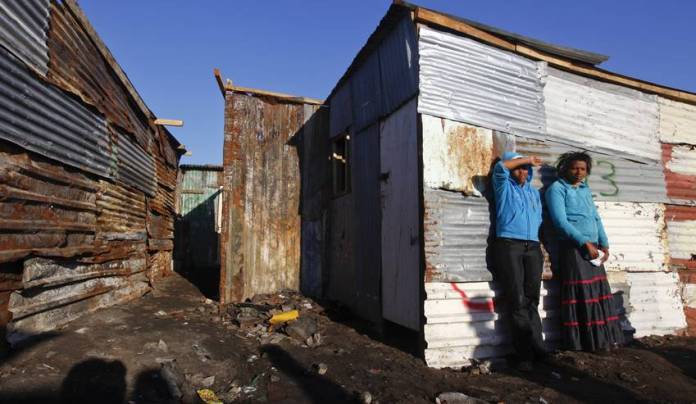The Petermaritzburg Agency for Community Social Action (Pacsa) has published its Food Barometer for January 2018 , showing how food prices have changed since the start of the year, and how South Africa’s most vulnerable are coping.

According to data on poverty from Stats SA, the food poverty line (the level below which individuals cannot secure enough food) is at R531 per month and the upper bound poverty line (the level below which individuals cannot secure food and non-food items) at R1,138 per month.
Spread across a month, the food poverty line works out to R17.70 a day. While Pacsa’s monthly minimum nutritional food basket works out to between R18.22 a day for children, to R22.92 a day needed for very active adult men.
An examination of absolute poverty between 2006 and 2015 Report (2017) shows that one quarter of South Africa’s population (25.2% or 13.8 million people) live below the food poverty line (i.e R17.70 a day); and 55.5% (30.4 million people) live below the upper bound poverty line.
Also, According to Pacsa, poverty levels most affect black South Africans, where stats show that just under 65% of black South Africans live below the upper poverty line.
This is exacerbated by the fact that many households depend on only one source of income, which is often so low that it cannot suitably see to everyone’s needs.
“The wages of 12.12 million black South Africans support 45.66 million persons who live in 13.5 million households. It means that black South African households typically rely on just one wage earner and this wage must support an average of 3.8 persons. For lower income households the wage must spread further,” Pacsa said.
“In this context the level of the wage paid to the employed worker becomes extremely important. Baseline wages for the majority of Black South African workers, when dispersed through a family is a poverty wage. The median wage for Black South Africans is R2,900 a month.
Dispersed through a family of 3.8 the wage is R763.16 per capita per month, or R25 per person per day.
SA’s Poverty Minimum Wage
According to Pacsa, the vast majority of South Africans are earning a poverty wage – and even efforts by the National Minimum Wage are not enough to bring people out of the cycle.
At R3,500 a month, given the demographics of the country, the national minimum wage works out to be R921.05 per person, per month (or R31 a day).
While this is enough to cater to the basic nutritional needs of the average household, it is nowhere near enough to cover other needs, such as rent, school costs, hygiene and sanitation, utilities and many other costs.
Pacsa has maintained that the minimum wage would need to be set at over R6,500 a month to meet the basic requirements to live a dignified life, and ideally at R8,000 to give low-earners access to financial freedoms.
Sources: businesstech.co.za, pacsa.org.za, statssa.gov.za


[…] gap between the rich and poor in South Africa is growing, high wealth inequality and low intergenerational mobility inherited from apartheid saw […]